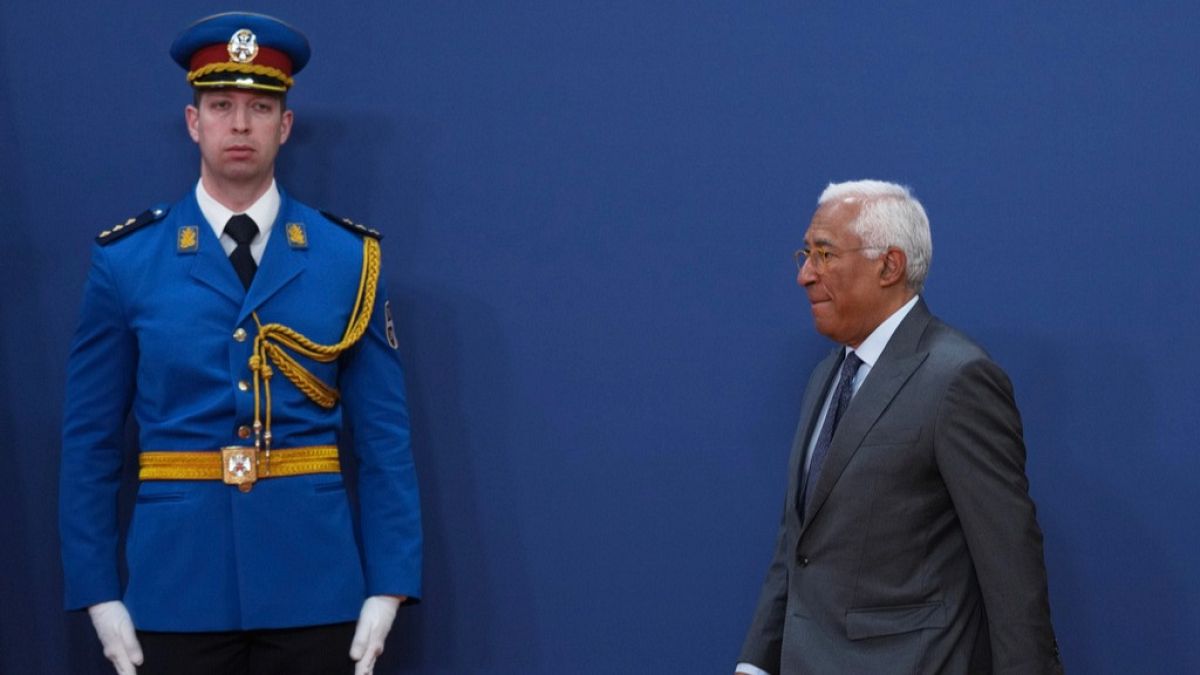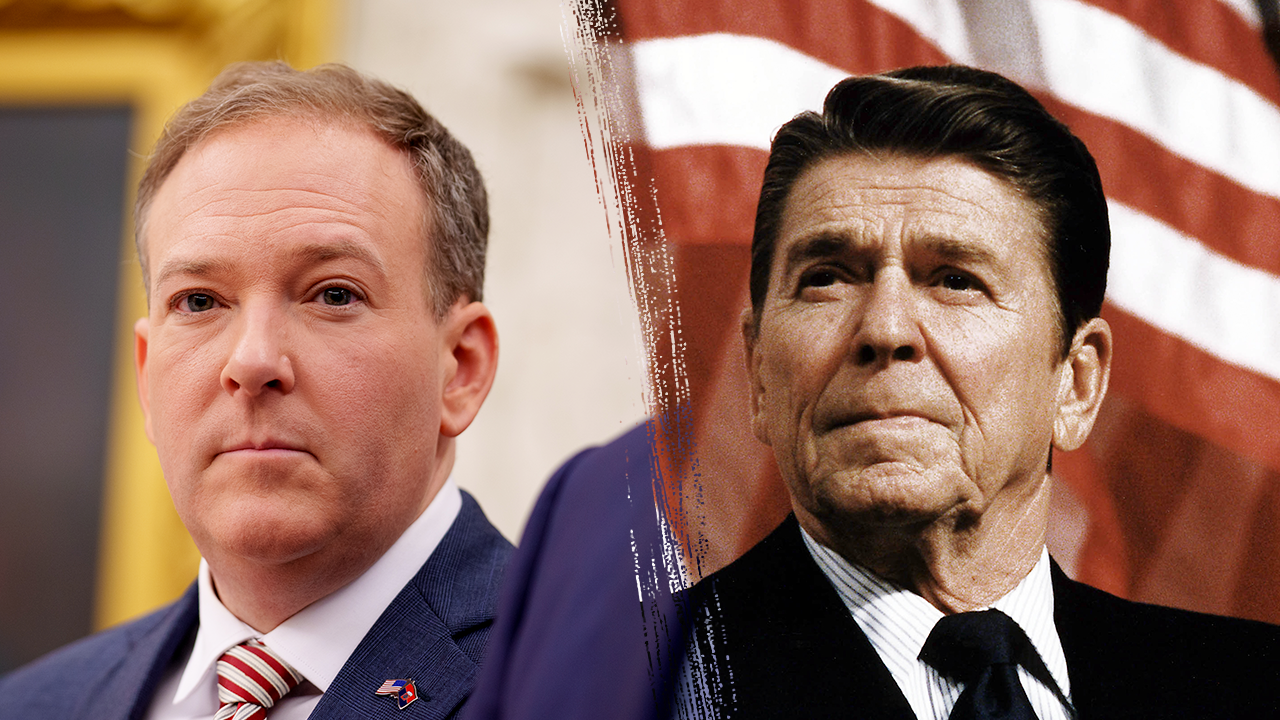A demonstrator carrying a sign that says “VOTING RIGHTS NOW” walks across the Frederick Douglass Memorial Bridge in 2022 in Washington, D.C.
Samuel Corum/Getty Images
hide caption
toggle caption
Samuel Corum/Getty Images
A panel of the 8th U.S. Circuit Court of Appeals has struck down one of the key remaining ways of enforcing the federal Voting Rights Act in seven mainly Midwestern states.
For decades, private individuals and groups have brought the majority of lawsuits for enforcing the landmark law’s Section 2 protections against racial discrimination in the election process.
But in a 2-1 ruling released Wednesday, the three-judge panel found that Section 2 cannot be enforced by lawsuits from private parties under a separate federal statute known as Section 1983.
That statute gives individuals the right to sue state and local government officials for violating their civil rights. Section 1983 stems from the Ku Klux Klan Act that Congress passed after the Civil War to protect Black people in the South from white supremacist violence, and voting rights advocates have considered it an antidote to a controversial 2023 decision by a different federal appeals panel that made it harder to enforce Section 2 in the 8th Circuit.
That earlier panel found that Section 2 is not privately enforceable because the Voting Rights Act does not explicitly name private individuals and groups. Only the head of the Justice Department can bring these types of lawsuits, that panel concluded.
The majority of the panel that released Wednesday’s opinion came to the same conclusion.
“Because [the Voting Rights Act’s Section 2] does not unambiguously confer an individual right, the plaintiffs do not have a cause of action under [Section 1983 of Title 42 of the U.S. Code] to enforce [Section 2] of the Act,” wrote Circuit Judge Raymond Gruender, who was nominated by former President George W. Bush and joined in the opinion by Circuit Judge Jonathan Kobes, a nominee of President Trump.
In a dissenting opinion, however, Chief Circuit Judge Steven Colloton, also a Bush nominee, pointed out the long history of private individuals and groups suing to enforce Section 2’s legal protections against any inequalities in the opportunities voters of colors have to elect preferred candidates in districts where voting is racially polarized.
“Since 1982, private plaintiffs have brought more than 400 actions based on [Section 2] that have resulted in judicial decisions. The majority concludes that all of those cases should have been dismissed because [Section 2] of the Voting Rights Act does not confer a voting right,” Colloton wrote.
Under the current Trump administration, the Justice Department has stepped away from Section 2 cases that had begun during the Biden administration.
The 8th Circuit includes Arkansas, Iowa, Minnesota, Missouri, Nebraska, North Dakota and South Dakota. The latest ruling comes out of a North Dakota redistricting lawsuit by the Turtle Mountain Band of Chippewa Indians and the Spirit Lake Tribe. Citing Section 1983 as a basis for bringing the case as private groups, the tribal nations challenged a map of state legislative voting districts, which was approved by North Dakota’s Republican-controlled legislature after the 2020 census.
In a part of the state where voting is racially polarized, the tribal nations argued, the redistricting lines drawn by the state lawmakers reduce the opportunity for Native American voters to elect candidates of their choice.
“For the first time in over 30 years, there are zero Native Americans serving in the North Dakota state Senate today because of the way the 2020 redistricting lines were configured,” Mark Gaber, an attorney with the Campaign Legal Center, which is representing the tribal nations, said during a court hearing in October 2024.
A lower court struck down the redistricting plan for violating Section 2 by diluting the collective power of Native American voters in northeastern North Dakota.
But the state’s Republican secretary of state, Michael Howe, appealed the lower court’s ruling to the 8th Circuit, arguing that, contrary to decades of precedent, Section 1983 does not allow private individuals and groups to bring this kind of lawsuit.
Since 2021, Republican officials in Arkansas and Louisiana have made similar novel arguments in redistricting lawsuits after Justice Neil Gorsuch, Trump’s first Supreme Court appointee, issued a single-paragraph opinion that said lower courts have considered whether private individuals can sue an “open question.” For this North Dakota lawsuit, 14 GOP state attorneys general signed on to a friend-of-the-court brief arguing that private parties don’t have a right to sue with Section 2 claims.
In a separate Arkansas-based case before the 8th Circuit, GOP state officials have also questioned whether there is a private right of action under another part of the Voting Rights Acts — Section 208, which states that voters who need assistance to vote because of a disability or inability to read or write can generally receive help from a person of their choice.
Many legal experts consider this questioning of a private right of action as the prelude to the next potential showdown over the Voting Rights Act at the Supreme Court, where multiple rulings by the court’s conservative majority have eroded the law’s protections over the past decade.
Edited by Benjamin Swasey






























